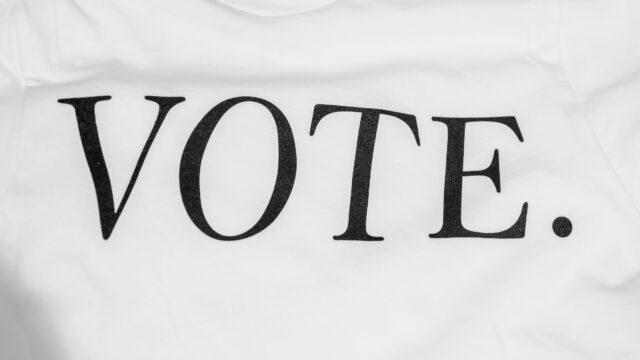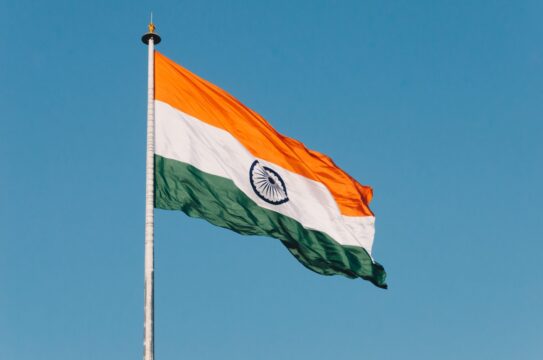Recently, Tata Steel received recognition for its participation in the worldsteel CO2 data collection programme 2017-18 from the global steel organisation, World Steel Association. Tata Steel has been contributing to the CO2 data collection programme continuously for the last ten years.
The worldsteel Climate Action Recognition Programme recognises steel producers who are able to fulfil their commitment to participate in the worldsteel CO2 emissions data collection programme. Climate Action was launched in 2008, to which companies could report data on site or company-level CO2 emissions. Participating companies or sites get a report containing the process route average emission data and range to which it can compare itself.
‘Technology and Globalization is on Tata Chemicals’ Radar’: R. Mukundan on Indian Agro-Tech
Global steel production right now totals around 1.5 billion tons per year. Steel is made from iron ore, which is mostly iron oxide, a process in which it is heated with carbon. Carbon dioxide is a by-product of the process. In fact, according to steel industry statistics, producing a ton of steel results in almost two tons of CO2 emissions, accounting for almost 5% of the world’s total greenhouse-gas emissions.
The steel industry’s global steel sectoral approach to climate change rests significantly on the data collection programme. The data collection programme allows individual steel plants to measure themselves against both average and best performance, identifying its scope for improvement. The programme is based on a common methodology, definitions, and agreed boundaries,
The climate action project aims to collect and report CO2 emissions data on a site-by-site basis so that it can provide an overall emission intensity for the production of steel at that site, regardless of the final products being made. The recognition period spans over two years (2017-2018) for the data collection period of 2016.
Climate change is one of the biggest issues facing the steel industry in the 21st century. CO2 emissions reduction in steelmaking is a challenge on a global level. According to the wordsteel Association, if substantial CO2 reductions are to be made, technology transfer, collaboration, and breakthrough technologies will be required.
Apart from reducing CO2 from steel production, reducing Greenhouse Gas (GHG) emissions is also an established priority during the life cycle of products that use steel. Member companies of wordsteel Association, like Tata Steel, integrate strategies into their businesses to better their processes and steer product innovation towards this direction.
The worldsteel association fact sheet, titled ‘Climate change mitigation by technology, innovation and best practice transfer’ lays out four directions in which improvement can be made. Firstly, though carbon will continue to be used as a reducing agent during steel-related production, the resulting CO2 can be captured and stored.
Secondly, it encourages the use of hydrogen as a reducing agent replacing carbon, since the reaction produces only water vapour. According to the document, hydrogen can be used in conventional direct-reduction reactors or in more futuristic flash reactors, in the pure form or as a synthesis gas (syngas) through reforming methane or natural gas.
What does acquiring Aleris Corp Mean for Hindalco’s Novelis?
Thirdly, biomass is an option for generating the reducing agent (carbon), either from charcoal or syngas. However, this option means growing biomass effectively within the proximity of the place of use and in adequate quantities to make it economically viable and sustainable.
The fourth direction they lay down is that Carbon Capture and Storage technology (CCS) is currently a significant process for attain a large shift in emissions to atmosphere and to store it or use CO2 for other purposes.
India is among the top steel-producing countries, ranking third at 101.4 tonnes in 2017, after China at 831.7 tonnes, and Japan at 104.7. The US ranks fourth at 81.6 tonnes. Apart from Tata Steel, Arcelor Mittal, Tenaris, thyssenkrupp AG, and voestalpine AG, are recognised for their efforts in sustainability activities.












